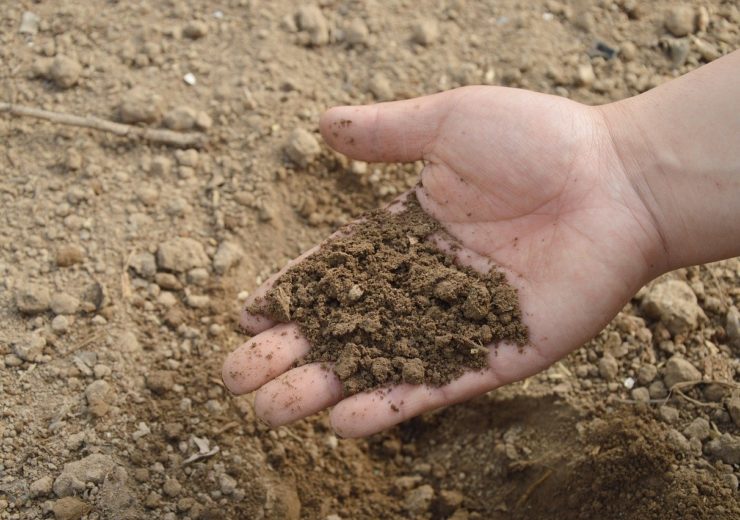The new facility will help Trace Genomics to expand its soil testing capabilities across Iowa region

Image: Trace Genomics acquires assets from WinField United. (Credit: Pixabay/Jing.)
California-based start-up Trace Genomics has acquired soil processing assets from WinField United and has opened a soil lab facility in Ames, Iowa.
Trace Genomics partners with agronomists in making crucial input and planting decisions to maximise yields, while optimizing the use of inputs such as fertilisers and pesticides.
The 11,700ft² Ames facility will serve as Trace Genomics’ Midwest hub to receive and analyse soil samples. The firm also plans to hire locally, to build a team in Ames and a larger central Iowa region in the due course of time.
Trace Genomics CEO Dan Vradenburg said: “The assets we’re acquiring have a proven track record. They are capable of receiving and processing thousands of samples a day while demonstrating tight quality control.
“This laboratory provides a perfect launchpad for our nutrient and disease offerings targeting row crops.”
The Ames facility is also expected to reduce the firm’s shipping time for soil samples, enabling it to analyse them faster, so that the experts can offer critical and timely recommendations to local and regional customers.
Trace Genomics was founded by Diane Wu and Poornima Parameswaran in 2015. The co-founders realised that advanced in genomics, machine learning and agronomy can offer insights on soil health, leading them to establish the firm. The start-up uses machine learning to analyse soil samples for farmers.
At Trace Genomics, the living soil samples are digitalised by applying soil DNA extraction to sequence and identify the millions of microbes in the soil. Then, the data is decoded with data analytics being performed to compare against and large and growing set of soil data.
The business support farmers and their partners in harnessing the full potential of their living soil. It offers insights on disease management for crops such as lettuce, berries, almonds and more, by quantification of pathogen levels. It can also compare product performance and treatments year-over-year.
In November 2018, the firm secured $13m in Series A funding, led by Stage 1 Ventures. Till now the company has raised $22.5m funding.
